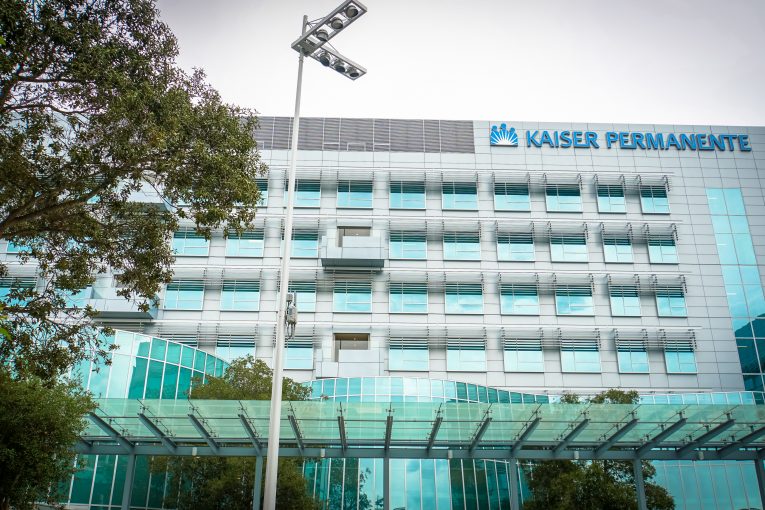
By Gabby Annicchiarico

UNITED STATES– A tentative labor agreement was reached with Kaiser Permanente’s healthcare workers after the union’s three-day strike.
Over 75,000 Kaiser Permanente workers joined together to strike from Oct. 4 to the 7, and when they weren’t offered a deal, they claimed they would strike again, potentially for a longer period, starting on Nov. 1. On Oct. 13, Kaiser reached an agreement with the union, dissolving this threat of another walk-out.
The strikes took place in California, Colorado, Washington, and Oregon, with the Coalition of Kaiser Permanente Unions currently representing 8 unions in five states. The company serves over 9 million patients and is considered a “healthcare giant.”
Among the Kaiser workers’ reasons for striking were the shortage of staff, low pay, and low benefits for its employees. The union also argued that Kaiser was not offering proper training, and that these factors combined weren’t allowing the workers to help patients to the best of their abilities.
The deal that was agreed upon was that Kaiser would increase the minimum wage to $25 in California and $23 in its other residing states. The tentative deal also includes an annual bonus program for union workers and a 21% raise over the next 4 years. To solve the short-staffing issue, Kaiser will provide better job training and fill positions. The better treatment and pay comes in the hopes that employees will want to join and stay for longer in their positions at Kaiser.
This strike was claimed to be the largest among healthcare workers in the U.S., as it is not typical for medical workers to put patients at risk by leaving their jobs. The workers followed the protocol for striking by federal law and gave their 10-day notice, allowing Kaiser to prepare in advance to avoid disrupting patients’ usual needs. Because of their necessity, doctors and most nurses did not participate in the strikes. The strikes were made up of Kaiser’s non-physician workforce.
This strike comes during increased strikes in the U.S. following the SAG-AFTRA and continuing United Auto Workers Union strikes earlier this year. With these larger strikes, there have also been 196 reported smaller and shorter strikes in the U.S. this year so far.
The Kaiser union employees will vote to ratify the contract from Oct. 18 to Nov. 3.
Gabby Annicchario is a writer for the Vanguard at Berkeley’s Social Justice Desk.
Unions rock. Down with corporate greed and excessive executive compensation. This is another big win for union labor on top of the historic victories of the UAW.